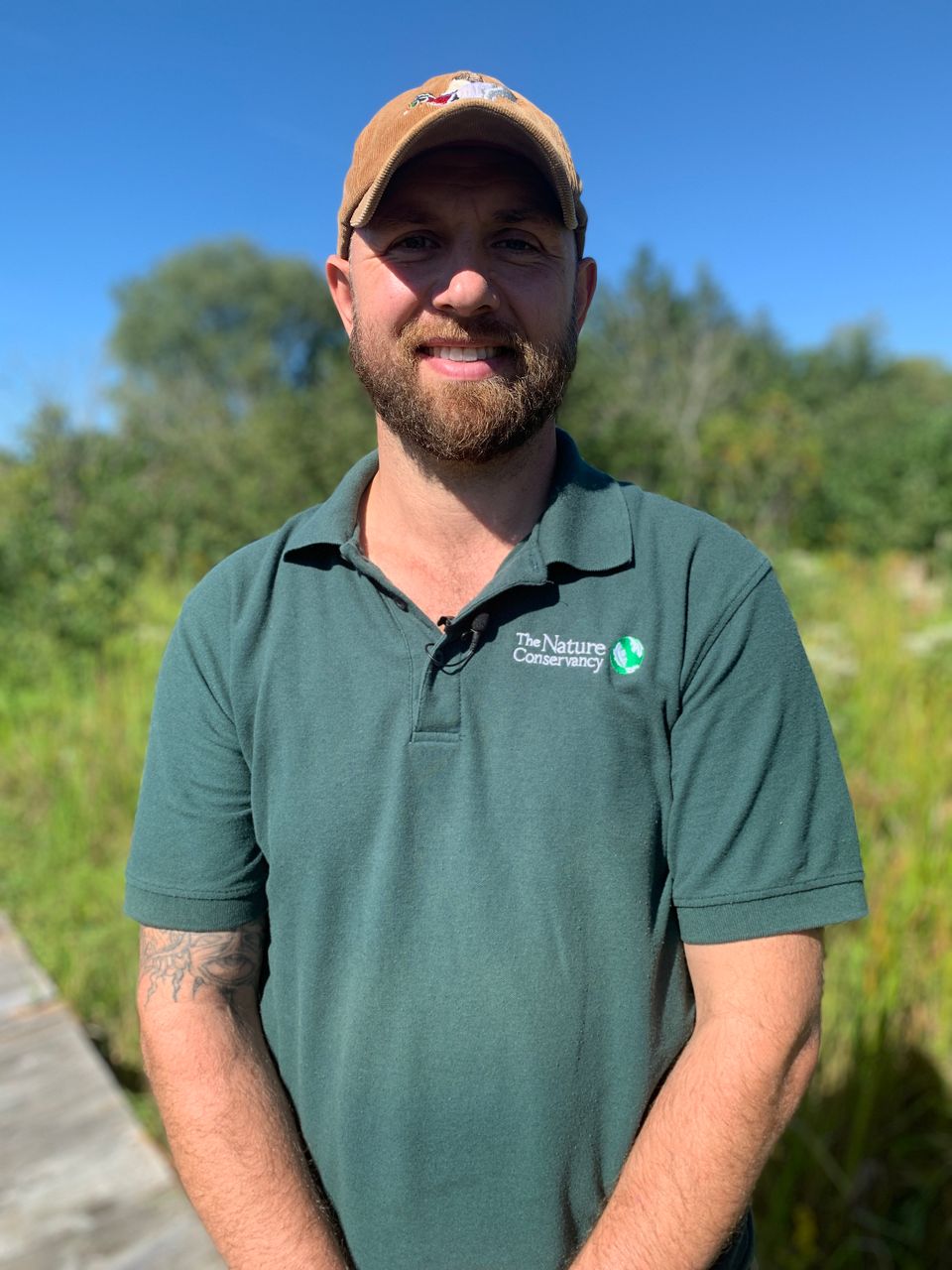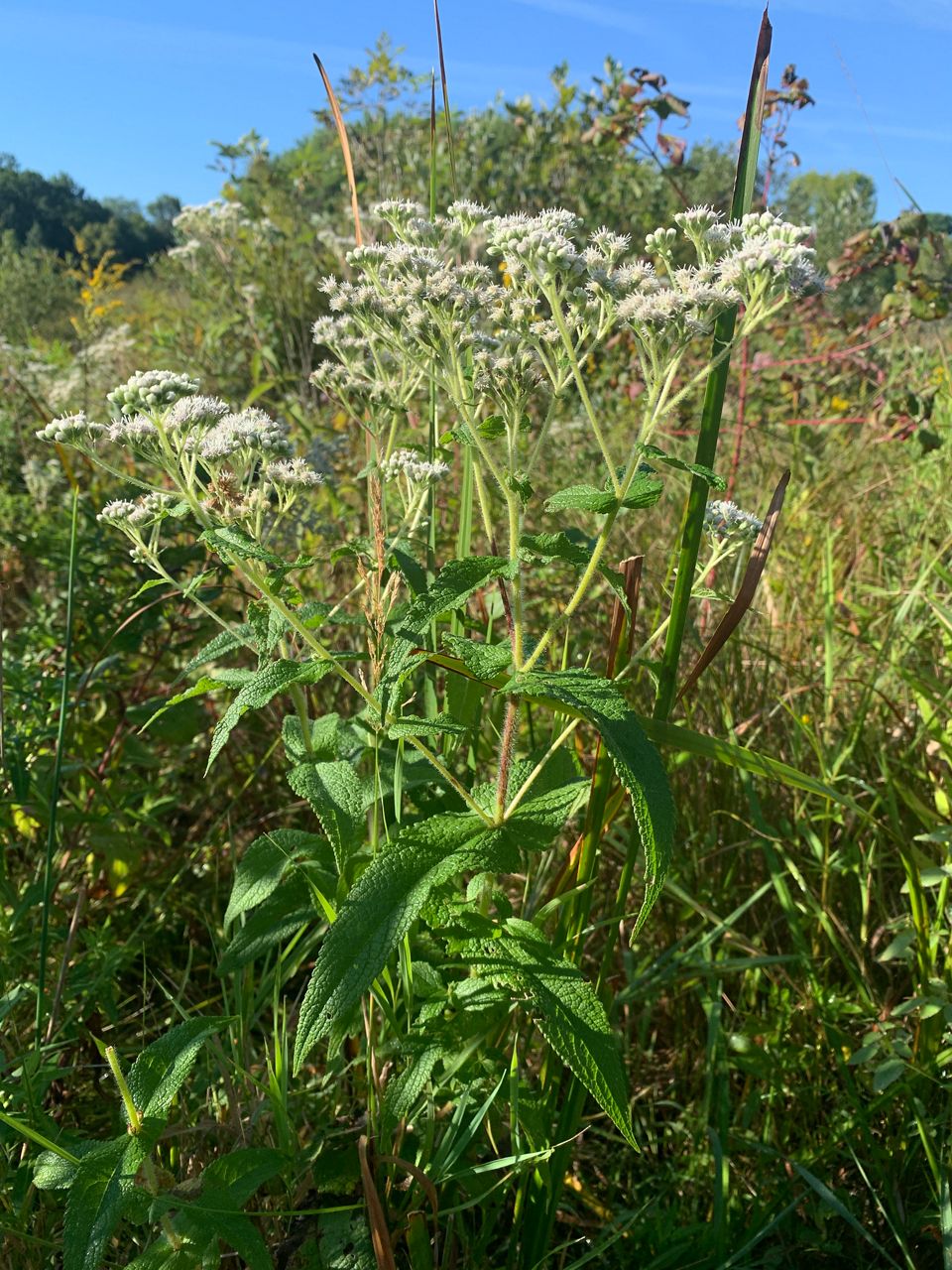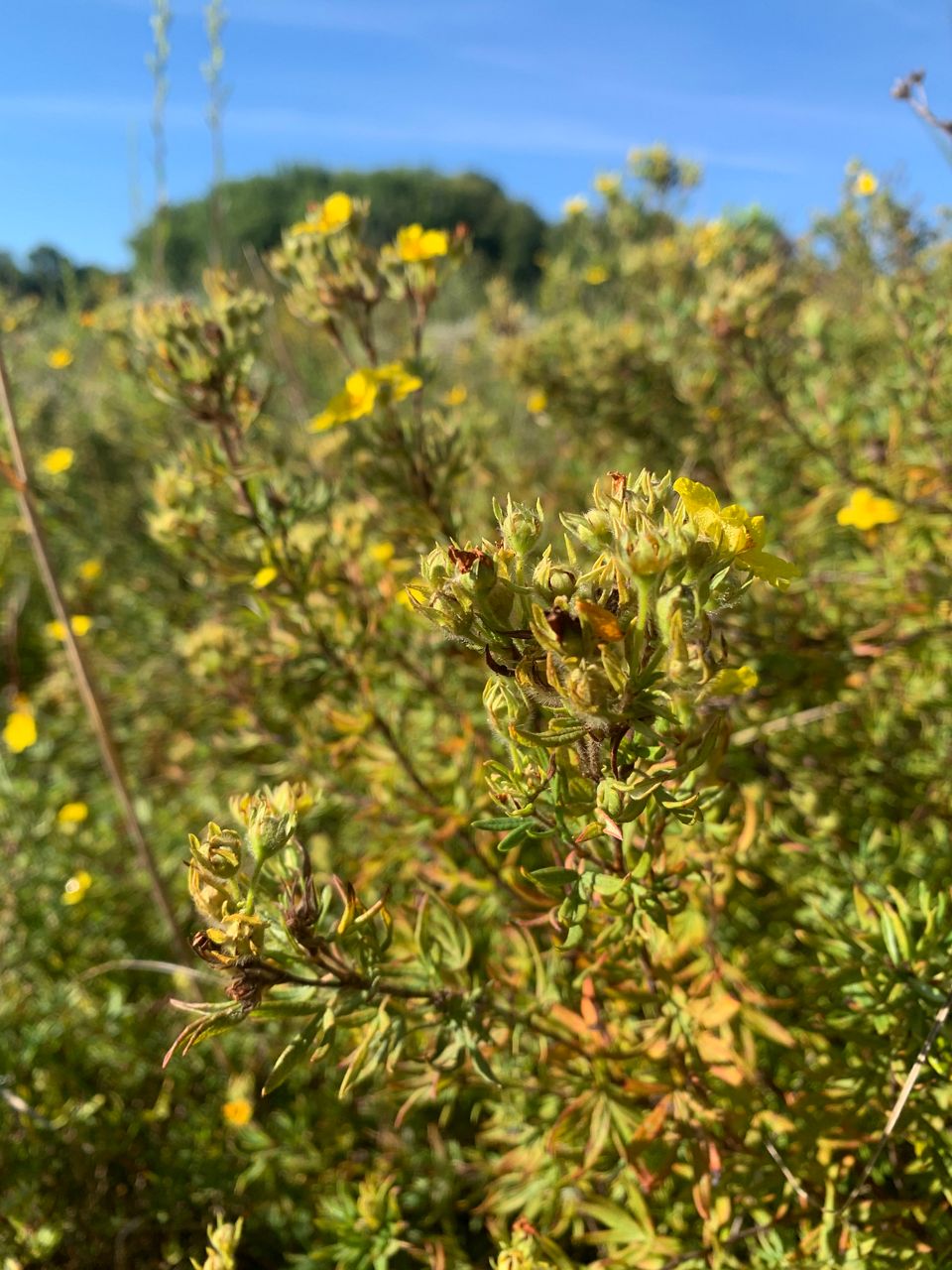The importance of growing native plants in Ohio
OHIO — Crops can be gorgeous, but Derrick Cooper, the Grand River restoration coordinator for The Nature Conservancy, explained some of them can also be hazardous.
The Mother nature Conservancy is an environmental organization performing to guard and restore lands so character and people today can prosper. Component of Cooper’s career is eliminating non-native plant species from landscapes.
“This is a species named Purple Loosestrife. This is a non-native plant that is invading wetlands all through the state of Ohio,” Cooper explained. “It is obtainable in the nursery trade, and we highly recommend folks avoid planting this in their garden. It will spread rapidly, and it’s going to distribute into all-natural spots, which will cause significant ecological disturbance.”

Derrick Cooper of the Nature Conservancy. (Spectrum Information 1/Taylor Bruck)
It’s important do the job he mentioned for the reason that non-native species are having over lands and ecologically forming lifeless zones. He stated all organic locations in Ohio are threatened.
Indigenous crops are the basis of biodiversity. Most animals rely on native vegetation possibly specifically or indirectly.
“Native plant species are really significant and vital to our habitats and ecosystems and their purpose,” Cooper reported. “Without indigenous species, we would see large biodiversity decline (and) we would see declines in insects, which would then also additional decline in fowl species. Native plant species are the basis of each and every ecosystem. So with no them, we would start to see collapse.”
Cooper explained everything in an ecosystem is linked. Bugs feed off native crops and birds feed off bugs. Cooper explained we are looking at a large decline in examine species close to the earth, as perfectly as birds, butterflies and bees and they enjoy a critical part in character.
“Pollinators are definitely important. With no pollinators, our foodstuff crops would begin to decrease for the reason that a lot of of our vegetation that we occur to adore like tomatoes, and peppers and matters like that, they’re all pollinated with insects.”
How you can support

Common Boneset, a plant indigenous to Ohio that can do nicely in a landscape setting. (Spectrum News 1/Taylor Bruck)
He stated Ohioans have a exclusive opportunity to assist, by planting indigenous vegetation on their properties.
Cooper took Spectrum News to J. Arthur Herrick Fen Nature Protect, a point out focused character preserve that is co-owned by Kent Condition University and the Mother nature Conservancy that is positioned just outside the house Streetsboro, to see some indigenous plants. He said some species that are uncovered at the Fen that can also do effectively in a landscape placing incorporate:
- Joe-Pye Weed
- Northern Bayberry
- Butterfly weed
- Prevalent milkweed
- Swamp milkweed
- Tamarack trees
- Shrubby Cinquefoil
While native, Cooper said there are some plant species that are not perfect or as well aggressive for a dwelling placing.
Certain species Cooper explained he’d be careful of consist of:
- Canada goldenrod
- Poison Sumac
There are almost 2,000 plant species native to Ohio, in accordance to the Ohio Department of Natural Means. Cooper explained by planting native plants at dwelling, house owners can assist minimize non-native and invasive plants from Ohio’s landscapes and help avoid specific animal and plant species from going extinct.
“Without the standard general public who owns the the greater part of land in the point out of Ohio, contributing to this we’re on a constant route of decrease,” Cooper reported. “The a lot more persons add by planting natives at household, the more they are contributing to assist rebound our ecosystems in Ohio.”

Shrubby Cinquefoil, a plant native to Ohio that tends to do very well in a landscape setting. (Spectrum Information 1/Taylor Bruck)
He reported encouraging mother nature can assistance us. Not only can native crops beautify landscapes, but they normally involve significantly less servicing. So upcoming time you structure a backyard, or re-do your landscaping, he suggests you plant indigenous.
Several native plant species can be identified at plant nurseries during the point out and Soil and Drinking water Conservation Districts usually also sell indigenous plants. For extra details, you can stop by here.
